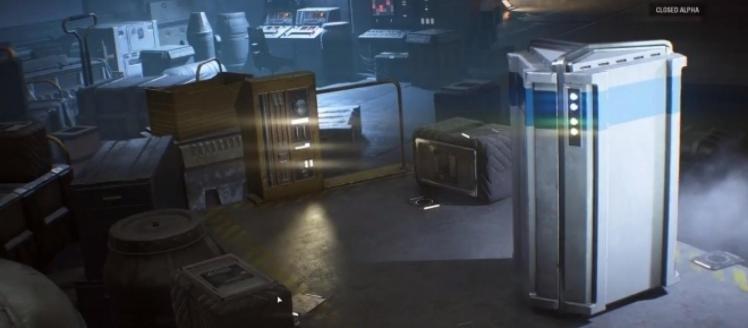Before you pull out your ritualistic, sacrificial knife: just hear me out.
The video game industry is a business, and businesses will always prioritize profit; otherwise, they will crash and burn.
So they will often put trends into practice — whether that is a last man standing-style game or the much-dreaded loot box — because it works.
Perhaps one of the worst PR disasters of 2017 involved the terrible way that Star Wars: Battlefront 2 handled loot boxes: by having them actually affect gameplay, therefore creating a “pay to win” game. Even with all the bad publicity that followed, the game still made $7 million in sales and micro-transactions combined.
It’s even more now, especially considering the game is regularly on sale across various storefronts.
Blizzard’s Overwatch, a game that first popularized the loot box system, made $1 billion by 2017, and as reported earlier this year, had reached another milestone: $1 billion just in micros.
That is a lot of money and a lot of loot boxes. However, the system here was well integrated, with the loot boxes rewarding purely cosmetic items — and not changing anything to do with the gameplay.
The two games mentioned above demonstrate that there is a wrong way to handle loot boxes and a right way to handle loot boxes.
Battlefront 2 may have flopped, according to sales expectations, but it still pulled in $7 million from sales and loot boxes just months after release. The latest Lord of the Rings-based game, Middle-earth: Shadow of War, also did well, even with including loot boxes in a single-player title.
If gamers detest loot boxes so much, why are we buying them?

The only explanations I can come up with are either:
- The majority of gamers don’t have much of an issue with loot boxes and that the people complaining are a small group with a loud voice
- We don’t even know what we want from game developers, and we purchase the products that we complain so much about anyway
It’s clear that most companies benefit these practices, as gamers can and will spend over $100 on loot boxes (not including the initial price in most cases), which is far more than a game usually costs.
For a business, it is an obviously sound choice to include loot boxes in their game.
Recently, I wrote an article on Rainbow Six Siege and the price changes following the Outbreak event. When researching the topic, I found many conspiracy theories on how the price change was intended to avert eyes from the game’s loot box-style system.
From all the information I had at the time, it didn’t seem that bad, as there were 50 cosmetic-only items to unlock, and you couldn’t get duplicates. So there was only so much you could spend on them.
We often see complaints that games are not venturing out of their comfort zones, but our money is far louder than our words — and our money disagrees.
For example, games in the Call Of Duty and Battlefield franchises held the top spots in sales charts for a while by refining the same game again and again, and as soon as they introduced a dramatic change in the core formula (as in Call Of Duty: Advanced Warfare and Battlefield: Hardline), sales started to decline.
This is another possible piece of evidence that suggests the gaming community either doesn’t know what it wants or that the people complaining are actually in the minority.
So what should we do about it? Well … nothing. If you want to buy loot boxes, go ahead; if you don’t, then don’t buy them. But as long as people keep having the urge to purchase them, they are going to be here to stay — even if they are being increasingly regulated.








Published: Feb 1, 2018 05:01 pm